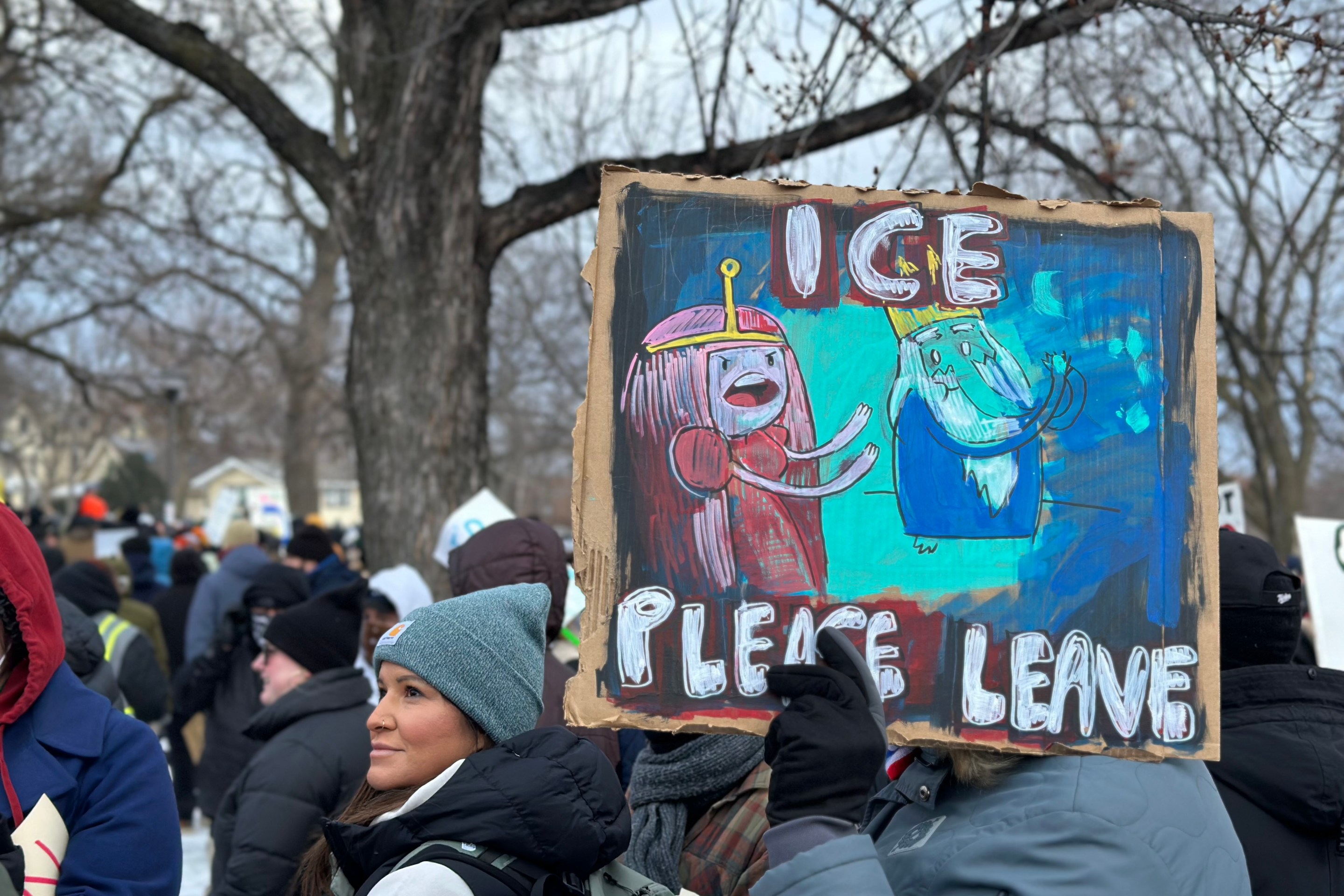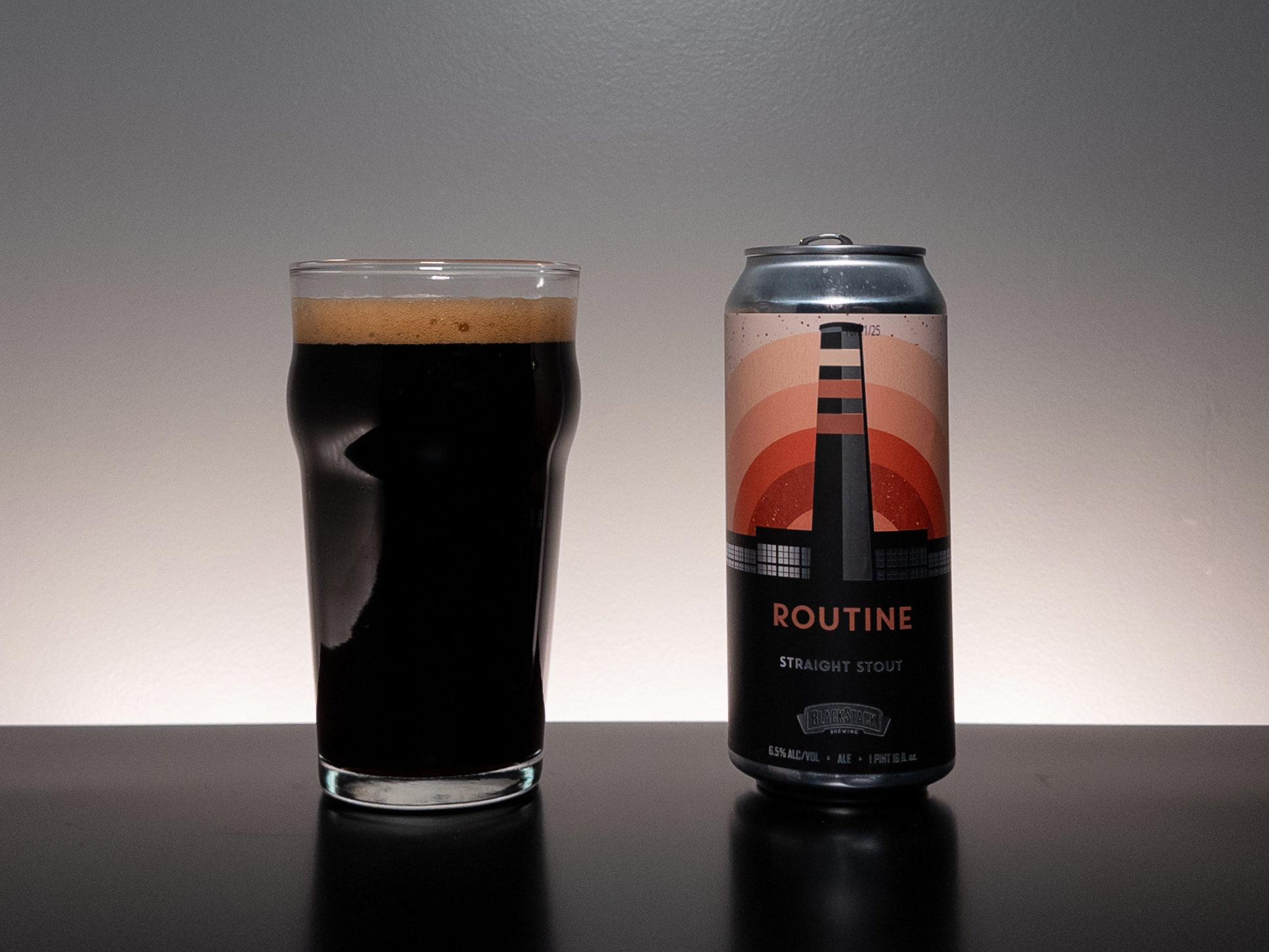The honorific "legend" is overused ad nauseam in modern journalism, particularly in the arts and entertainment realm. But, when applied to James "Cornbread" Harris, even the crankiest editor couldn't argue with the 97-year-old Minnesota musician's legendary bona fides.
Writing about this summer's most-anticipated local books, Racket contributor Deborah Copperud hyped Andrea Swensson's upcoming biography, Deeper Blues: The Life, Songs, and Salvation of Cornbread Harris, thusly:
Swensson first met Harris in 2017 during a studio performance and interview at MPR’s The Current. She worked with Harris for two years, interviewing him, attending his concerts, and even facilitating a reunion with him and his long-estranged son, the producer James Harris III, better known as Jimmy Jam.
And now, thanks to Swensson and University of Minnesota Press, you get to read a sneak-peek excerpt of Deeper Blues weeks ahead of its August 12 release date. Speaking of dates! Punch the following one into your electronic calendar of choice: On August 16 at Cedar Cultural Center in Minneapolis, Harris, Swensson, and Jimmy Jam will celebrate the book's release with a night of songs and stories; click here for more info.
Alright, enjoy!
Chapter 8 of Deeper Blues: "Put the World Back Together"
The first time I heard Cornbread play his song “Put the World Back Together” was the day we met in the studios of Minnesota Public Radio in 2017. Although we hadn’t yet experienced the global pandemic and citywide racial unrest that would completely upend our lives, it was already a heavy time in America. We were just half a year into the Trump era, and a fight over the former president’s so-called Muslim Ban had made it all the way to the Supreme Court, saturating the daily news cycle with conversations about who should and shouldn’t be allowed to live among us.
That summer the toxic political climate felt like it could swallow us all whole. But then in walked Cornbread with his gentle demeanor and his nine decades of hard-earned wisdom, and as soon as he sat down to play it felt like the whole broken outside world dissolved away. In that moment in time, the only thing that remained was Cornbread and his beautiful music.
“I’m writing new songs all the time,” Cornbread told us that day. As he gently moved his hands through the chord progressions, he sang clearly and somberly, almost venturing into spoken word as he enunciated each line.
Haven’t we had enough debate?
Did I hear someone say, “Let’s wait”?
Why don’t we get together before it’s too late? Put the world back together
Put the world back together
Put the world back together again
Ride in the country Sounds insane
Smell your polluted water Feel your acid rain
Cut down your forests, why don’t you? Plant ’em back again
Put the world back together
Put the world back together
Put the world back together again
Politicians are talking fear and hate
I heard someone say, “Let’s have a war” Blow ’em all away (that’s stupid!)
Can’t you hear me when I say?
Put the world back together
Put the world back together
Put the world back together again
Each time he wound into the chorus, he waved to my co-host and me to indicate that we should sing along with him. Not wanting to ruin the crystal-clear recording of him performing his music alone at the piano, we hesitated and stayed quiet, but he kept motioning to us to join him all the same. In retrospect, it’s probably one of the only times in his career he wasn’t able to cajole onlookers into singing with him and uniting a room in call-and-response. Part of me regrets leaving him hanging, but I do treasure the recording that he made in the studio that day, because it captures his voice in all its vulnerability, wisdom, and optimism. It has clearly had an effect on others as well: at the time of writing this, the YouTube video of Cornbread singing “Put the World Back Together” in The Current’s studio has been viewed more than twelve thousand times.
“Let’s listen to our elders,” one commenter wrote. “Ninety years of living gives simple clarity.” Another added, “We are here for you, Cornbread Harris! Many thanks for your gentle love.”
When he played the song for us that day, he told us he had just written it. And in the grand scheme of things, I suppose that is true; although it was released on his 2001 album Cornbread Supreme, Volume 1, he kept tweaking and rewriting the lines in the ensuing years of live performances. And besides, when considered in the vast timeline of his eighty-year career, a song he’d only written fifteen or twenty years ago was new, relatively speaking. The fact that lines that were likely inspired by post-9/11 warmongering sounded just as relevant in a completely different political era only accentuated how good Cornbread was at writing timeless, enduring songs.
After finishing the tune, he took a moment to reflect on the song’s themes. “That would go along with my ministerial thing, to tell the people—look, you guys gotta look out for this world; you can’t just keep polluting it and destroying it,” he said. “You’ve gotta look out for your neighbors; you can’t just be running over folks trying to get ahead of everybody. You know?”
Cornbread’s “ministerial thing” had taken over a large part of his life by the time we met. In addition to his house gigs and his weekly trips to his daycare center, his annual Sunday morning outing to his neighborhood church, Zion Baptist, was a nonnegotiable part of his routine. He’d earned the honorary title of Deacon and spent every church service proudly seated in the front row and even had a special tambourine he brought with him each week so he could keep time with the choir while they performed.
“Yeah, he kind of lives by the rule,” his longtime bass player and friend Scott Soule noted. “He’s really into his church on Sundays and his Bible studies on Wednesdays, and he’ll go on and on. The thing about it is, it’s taught him to be thankful for everything, and everyone, every day. I think there’s probably been times in his life when he wasn’t like that. So it’s a super positive influence on him; he’s got a heart that’s bigger than ten people, and I think that his faith has allowed him to get that.”
One day while calling to arrange a visit with Cornbread at his daycare facility, Augustana’s Open Circle, the director Janine McQuillan took a few minutes to chat with me on the phone. “You know, Cornbread had us pray every week that Jimmy would come back to him,” she said, her voice becoming emotional as she spoke. “Every single week, we would pray to God to bring Jimmy back into Cornbread’s life. I couldn’t believe it when I went to the front door one day and saw him. He was wearing dark sunglasses, a hat, and a mask, but I knew right away that it was him: that’s Jimmy. He came back.”
By the spring of 2022, as Cornbread and Jimmy were coming up on the one-year anniversary of their reunion and reconciliation, Cornbread started dropping more hints about how much he’d like Jimmy to join him onstage in Minneapolis. He spent much of their fifth Zoom call together preparing for that hopeful moment by teaching Jimmy the chords to his favorite compositions, using the call-and-response style to show him the structure of his songs “Blue Blue Blue Blues” and “Deeper Blues.”
“We do really good if you play, I play, you play, I play. Okay?” he said, guiding Jimmy through the song. Turning to me, he said, “Okay, put the camera on the fingers on the piano,” and I dutifully complied. With the iPad hovering overhead, Cornbread and Jimmy made their way through “Deeper Blues,” each of them taking a turn playing a chord and a little bit of the melody. Before too long they ventured away from the main chorus of the song and into an evolving pattern of blues licks, with Jimmy listening intently for his dad’s next cue. It was fascinating to watch them revert back to their teacher–student dynamic again, overcoming all the constraints of Zoom to play as if they were sitting side by side.
“Oh yeah,” Cornbread said, looking up at the camera once they finished trading lines. “That’s gonna be one of those where if you put it on the Internet, it’ll go viral.”
Riding high on the joy of their call-and-response collaboration, Cornbread made sure to mention his idea to Jimmy again: “I’m still trying to see if we can get together and have a big thing at the Hook and Ladder,” he said. “I think we should put on a show that’s national. And definitely Twin City-full. I think we should put on a show for the people.”
“Right. Didn’t we talk about that? I thought we were going to do that,” Jimmy replied.
“Well, yeah! I’m still wanting to do it,” Cornbread confirmed. “You remember!”
I gently interjected to remind them both that Cornbread was hoping this would happen for his ninety-fifth birthday concert, which was coming up in a couple of months.
“It’s already on my calendar,” Jimmy said, holding up his phone to the camera so we could see it. Sure enough, he had the whole day blocked off, with a note in all caps: CORNBREAD’S 95th BIRTHDAY.
“Look at that. All day,” Cornbread said, shaking his head. “Oh, it’s gonna come to fruition! We’re going to blow the roof off that place. Yeah, another memory thing in our lives, here.”
“Yep,” Jimmy agreed, smiling and nodding.
“Oh, man. I’m really looking forward to it. Two months,” Cornbread said, counting the days on his hands. “And I promise I’m gonna live to be there! Ain’t no stopping me now. And I can have the people that come to Palmer’s, that always come and sit in—they’ll all be there, and they’ll be all blowing their heart out. It’ll be the biggest thing the Twin Cities has ever seen!”
The next two months flew by in a giddy swirl of anticipation as Jimmy and Cornbread edged ever closer to playing in the same key, both figuratively and literally. For an early birthday present, and to make their online duets a little more harmonious, Jimmy offered to have Cornbread’s piano professionally tuned. Under Cornbread’s careful watch, the local musician and tuner Simon Husbands came to visit us one Tuesday afternoon and tenderly removed all of Cornbread’s song books, statues, and trophies from the top of his upright piano, taking a photograph to make sure that he could put every item back exactly where it belonged. The following week, for their seventh Zoom call, Jimmy asked him how his newly tuned piano was working out.
“Everybody says it sounds better, but I was so used to hearing it sound bad that it kind of throws me a little bit,” Cornbread replied, laughing. “But I can still do my thing,” he added, launching into “Blue Blue Blue Blues” while Jimmy looked on and smiled.
“The funny thing about that is, that’s what happens in life: you get used to something, which doesn’t necessarily mean that it’s the right thing: it just means that you’re comfortable with it,” Jimmy commented. “Everybody has their own perspective on things. So for you, it doesn’t sound great because you were used to it the other way. To everybody else, it sounds great.”
“You know, you sound like Cornbread’s son,” Cornbread responded, smiling proudly. “I mean, this wiseness, this smarts, this brain understanding—you got it going on, son.”
“I got good training,” Jimmy replied without missing a beat.
“Are we playing catch, here? What’s the deal?” Cornbread said, delighted by the back and forth. “That’s really true, really true. And nothing but the truth will set you free.”
At the end of the call, Cornbread gave his son a homework assignment: since he’d taught Jimmy two of his songs, he wanted to know if Jimmy could send him two of his compositions for Cornbread to learn as well. The dream he’d described to me at our very first meeting was manifesting before our eyes.
The week of the show, I received a text from Jimmy: “In thinking about which song of mine I’d like to perform with Cornbread I’m thinking ‘Human’ makes sense,” Jimmy wrote, including a link to the sheet music for the song he and Terry Lewis wrote and produced for the Human League in 1986. “It’s popular and although it’s based in romance the sentiment of forgiveness is present and appropriate under the circumstances.”
The next day, I went to visit Cornbread and brought him the sheet music, the lyrics, and a recording of the song that we listened to together, with Jimmy joining in on Zoom.
So many nights I longed to hold you
So many times I looked and saw your face Nothing could change the way I feel
No one else could ever take your place
I’m only human
Of flesh and blood, I’m made Human
Born to make mistakes
(I am just a man) human
Please forgive me
The tears I cry aren’t tears of pain
They’re only to hide my guilt and shame
I forgive you, now I ask the same of you
While we were apart, I was human too
“We recorded that in Minneapolis, and it went Number 1. It was like a worldwide Number 1 record,” Jimmy said on the call, clearly proud to belatedly share this success with his dad even though nearly thirty years had passed since it became a hit. “And the lyrics talk about how ‘I’m only human, born to make mistakes.’ And I just think that that’s what we are. We’re human.”
“Wow. What a conclusion to come to. Very good, indeed,” Cornbread said. “That’s why I like talking to him,” he said, turning to me. “It wouldn’t really make no difference who he was; his genius thought that keeps popping into his brain, it comes out.” He turned back to the screen. “I’m talking about you,” he said, pointing at Jimmy.
“Thank you, that’s nice. I appreciate that,” Jimmy said.
“Ever since the day you walked into that daycare, man, I’ve been euphoric. You’re just the most wonderfulest thing, outside of my other two children, of my life,” Cornbread gushed.
“Thank you,” Jimmy said, bowing his head.
After discussing a few logistics regarding the show, Jimmy signed off and Cornbread sat quietly at his piano, shaking his head. “Amazing call,” he said. “Amazing, amazing. Like I keep telling Jimmy, I’m in a euphoric state, just beautiful. My life is just going so wonderful. I mean, I know it’s selfish, but oh man, I’m just soaking it in. Come on with it, people! Come on.”
“I don’t think it’s selfish,” I said. “Everyone wants to celebrate you because you’ve got a big birthday.”
He swiveled around on his bench to face his keyboard and started paging through his big book of old blues songs. “Here’s a B-flat thing,” he said, placing his hands on the keys and gently pressing down on a few minor chords. “I don’t know my real name, don’t know where I was born,” he sang mournfully, winding into the song “I’ve Been Treated Wrong” by Washboard Sam. “Don’t know my real name, don’t know where I was born. It seems like I was raised in an orphan’s home. Well my mama died and left me—” he stopped, cutting himself off midline.
“My mama died and left me when I was only three years old,” he said, turning to talk to me. “See how I go to reality from the song? How I made it this far, the Lord only knows,” he said, finishing the verse. He shrugged and smiled. “I guess I got a right to be euphoric.”
Excerpted from Deeper Blues: The Life, Songs, and Salvation of Cornbread Harris by Andrea Swensson. Forthcoming from the University of Minnesota Press, August 2024. Copyright 2024 by Andrea Swensson. Used by permission.







